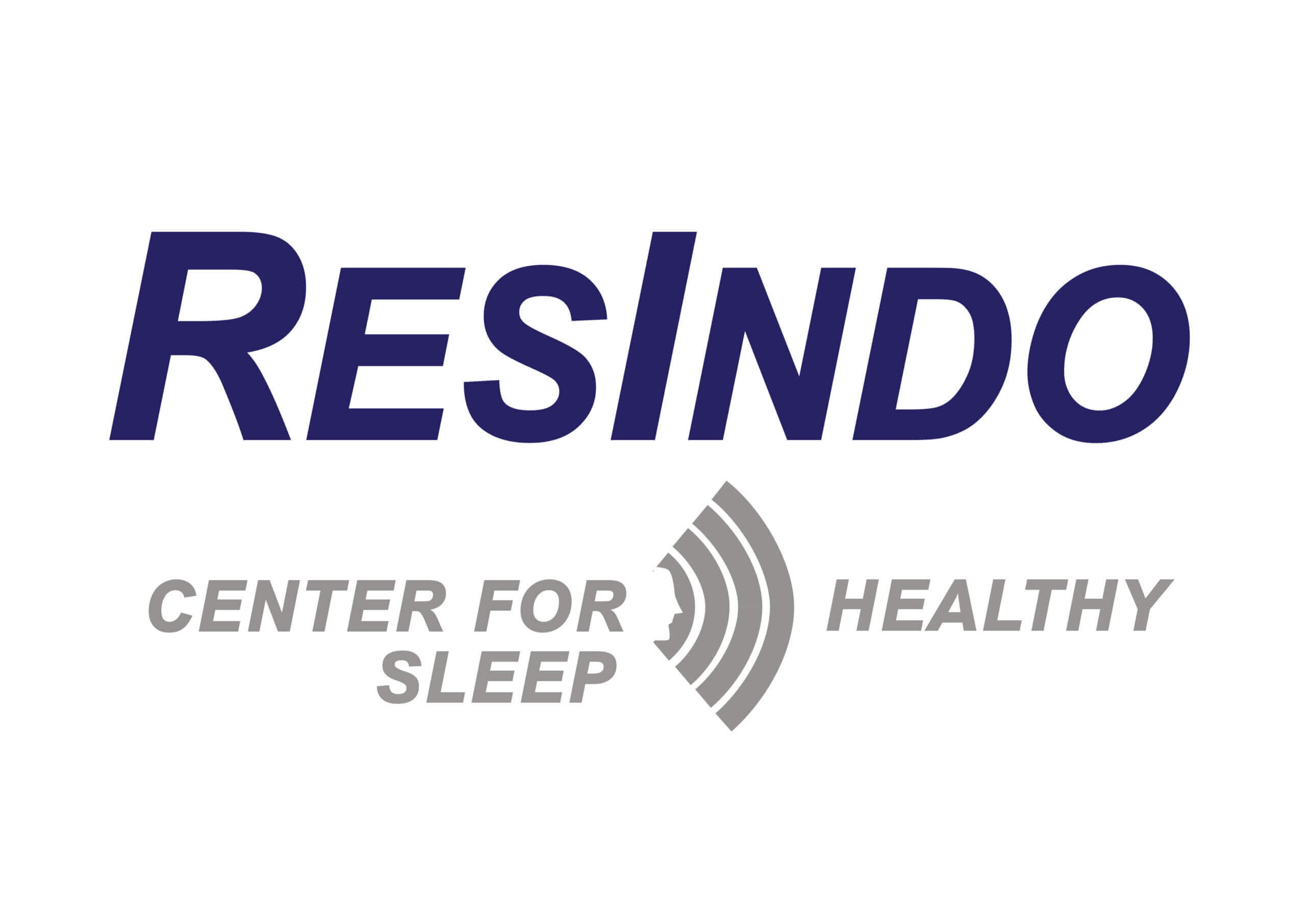Life is all about being in perfect harmony with your body, mind and spirit so that you can live well every single day.
To achieve this, you need sleep as much as you need fresh air, nutritious food and clean water, if you want to be at your best.
When you open your eyes in the morning, being well-rested means that you’re full of energy and open to the possibilities that lie ahead! Your body and mind are also more prepared, allowing you to embrace the coming day with enthusiasm.
However, what can happen if you sleep poorly?
What is poor sleep?
Every individual has their own definition of what they would deem ‘quality sleep’. This is because you are unique. On average, it’s recommended that adults get between 7 and 9 hours1, however it really comes down to whatever allows you to awaken at your best.
This makes defining poor sleep much simpler: it’s any rest that you get where you don’t get up in the morning feeling fantastic.
Obviously, when you wake up in this state, you feel pretty average throughout the day. So, it’s important you’re getting enough quality sleep for the good of your health.
If not, there are some problems that come from getting poor sleep.
Poor sleep can contribute to gaining weight
There have been links found between weight gain and not getting enough quality shut-eye2. It may even increase the risk of obesity over time too3.
It’s no surprise – when you don’t sleep well, the last thing you may want to be is active and motivated to exercise.
If you’re trying to lose weight or avoid excessive weight gain, getting quality sleep can be crucial.
Poor sleep can impact your sociability and emotions
Most people enjoy being with company in social environments. No one wants to be lonely after all!
However, sleep deprivation can really put a dampener on your emotions and the way you relate to others4. This is not to mention feeling grumpy and irritable too.
Getting sufficient sleep means you can relate better to other people and continue to be the life of the party.
Poor sleep can lower your sex drive
When you’re feeling the effects of poor-quality sleep, the last thing on your mind is probably sex!
But, it’s not just your mood that’s suppressing your libido. When your body becomes stressed due to lack of sleep, your brain reduces the production of sex hormones such as estrogen and testosterone5 which may lead to a decrease in sex drive, and increase the risk of infertility and erectile dysfunction.
Poor sleep can put you at risk of serious illnesses
While not getting good quality sleep and feeling lethargic in the morning may feel like an inconvenience, it can be potentially more serious than this.
In general, continuous poor quality sleep may contribute towards a higher risk of heart disease, stroke6 and diabetes7.
But it’s not just physical illnesses. Poor sleep may also put you more at risk of mental health issues too, such as depression and anxiety8.
This is even more of an incentive to get into bed and rest soundly!
Citations
1. National Sleep Foundation Recommends New Sleep Times. National Sleep Foundation.
2. Short Sleep Duration Is Associated with Reduced Leptin, Elevated Ghrelin, and Increased Body Mass Index. PLoS Med. 2004 Dec; 1(3): e62
3. Short Sleep Duration and Weight Gain: A Systematic Review. 2008 North American Association for the Study of Obesity (NAASO)
4. Sleep deprivation impairs the accurate recognition of human emotions. Sleep. 2010 Mar;33(3):335-42.
5. The Connection Between Sex and Sleep. Psychology Today Australia.
6. Sleep duration predicts cardiovascular outcomes: a systematic review and meta-analysis of prospective studies. Eur Heart J. 2011 Jun;32(12):1484-92. doi: 10.1093/eurheartj/ehr007.
7. Quantity and quality of sleep and incidence of type 2 diabetes: a systematic review and meta-analysis.Diabetes Care. 2010 Feb;33(2):414-20. doi: 10.2337/dc09-1124.
8. Sleep duration and depression among adults. Zhai L, Zhang H, Zhang D. 2015 Sep;32(9):664-70. doi: 10.1002/da.22386. Epub 2015 Jun 5.
[/et_pb_text][/et_pb_column][/et_pb_row][/et_pb_section]